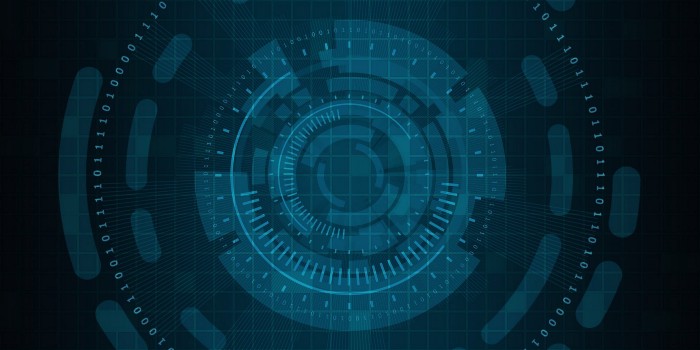Event Report — Demystifying Legaltech: An Introduction

Demystifying Legaltech: An Introduction, set the new academic year at the Oxford Fintech and Legaltech Society (OFLS) off to a great start. The event, with live demonstrations of legaltech at work and insightful inputs from those in industry, served as the perfect 101 to the field. Primarily run by Lukas Wagner, Associate at Allen & Overy, there were meaningful contributions by various OFLS members too — covering the impacts of legaltech on the legal profession, as well as on the study of law.
Broadly, we can understand legaltech from two perspectives. Firstly, on a functional level, it indicates the digital transformation of the legal sector itself. Secondly, on an institutional level, it refers to companies that are changing the way legal work is done. Already, legaltech has begun to have a positive effect on the way law firms work, particularly in relation to the work of junior lawyers. Vardaan Ahluwalia, President of OFLS and Partner at Cyril Amarchand Mangaldas, noted that while previously, he would spend hours proof reading and formatting transaction documents, existing software enables this work to be completed within a matter of minutes, customised to each firm’s template. By way of example, the session saw the demonstration of a collaboration tool that helps track what documents have been submitted for regulatory filings, which replaced the previous system of continuously exchanged Word documents registering changes. This means that law firms are becoming more efficient, and lawyers can reallocate time to providing bespoke solutions to their clients. Moreover, it is possible that firms might even look for those with skills that are at the intersection of law, technology, and project management, as firms look to adopt new technologies.
While discussing the changing nature of the law firms themselves, it is useful to consider how client requirements have evolved and will continue to do so, as well the resulting effects that this will have on firm’s business models. The panelists agreed that, ultimately, clients’ needs will remain constant to the extent that they expect efficient and precise solutions, irrespective of how that is reached. To that end, legaltech cannot take over the legal industry until it is perfected and fully trialled, as the potential negative consequences from technologies providing only 80% accuracy is immense. Furthermore, clients will still want legal opinions to be delivered personally from established lawyers, and that is unlikely to change in the foreseeable future. However, the more functional and administrative work of firms have significant potential to be automated by new technology. Perhaps, this could also reflect in a change in revenue structures of firms. While currently firms run on a “billable hours” system, where they charge for time spent on a problem, the future could see fixed amounts paid for a “solution” instead. However, the panelists cautioned that, with the rise of challenger law firms as well as growing adoption of artificial intelligence and natural language processing tools, the legal industry may witness major disruption if technology becomes increasingly reliable and accurate.
Whether we recognise it yet or not, legaltech has already introduced itself into our lives, and it will only continue to grow in an exponential manner over the coming decade. From Westlaw to LexisNexis, digital legal databases are an embodiment of technology in law in our everyday lives. The session concluded with a peek into how these databases could function in the future, with natural language processing capabilities equipping these databases to search for results and provide answers in its own “non-human” way. In conclusion, from changing the way one researches cases to increasing access to justice, the applications of legaltech has no bounds; it enables one to generate, explore, and apply knowledge in new and exciting ways.
